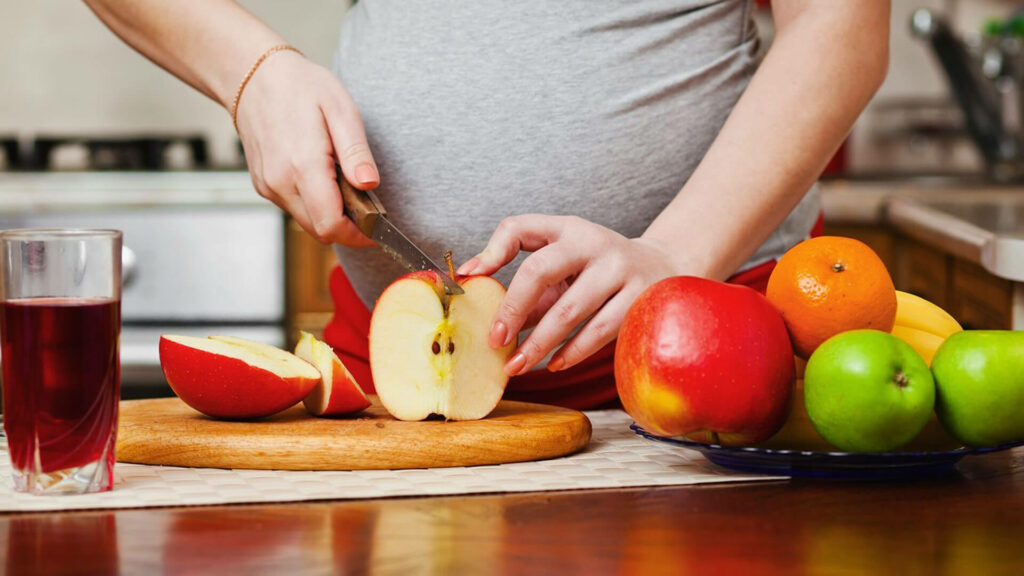Being your healthiest self will help you fall pregnant. It’s a good idea to have a general medical check-up about 3 to 6 months before you try for a baby. You can talk to your Healthcare Professional about any tests that might help understand your current health status and whether any medicines should be avoided. If you or your partner have a family history of genetic conditions, your Healthcare Professional may recommend screening tests.
It’s a good idea to quit smoking, stop drinking alcohol and other drugs before you start trying for a baby.
If you need help giving up contact the following organisations:
• Quit line: call 13 78 48 (13 QUIT)
• Alcohol Drug Information Service: call 1800 422 599.
It is recommended the caffeine intake is also limited; try to stick to 1 to 2 cups per day, remembering that caffeine can be found in other drinks like teas, colas and energy drinks.
Being a healthy weight increases you chances of conceiving a healthy baby, so eat a nutritious diet in line with the Australian Dietary Guidelines. It is also important to exercise regularly . Australia’s Physical Activity Guidelines recommend trying to do 2½ to 5 hours of moderate intensity physical activity, or 1¼ to 2½ hours of vigorous intensity activity per week.
Taking a folic acid supplement before you get pregnant is important to reduce the risk of your baby developing neural tube defects. It is recommended you take a supplement containing 400 mcg folic acid per day if you are trying to get pregnant.
[thumbs-rating-buttons ]
You might be interested in
The importance of folic acid during pregnancy
Even before you know you’re pregnant, folic acid — also known as folate — supports your baby’s development. It plays a significant role in the formation of your baby’s neural tube. This is formed in the first month of pregnancy and eventually becomes your baby’s spinal cord and brain. Together, these will form your baby’s central nervous system and the control centre for your baby’s future growth, development, and normal functioning later in life.
Healthy weight gain during pregnancy
Whilst it’s normal to gain some weight during pregnancy, gaining too much weight during pregnancy can impact you and your baby’s health. For example, it can increase your risk of developing gestational diabetes (diabetes during pregnancy) and your baby’s risk of becoming overweight or obese later in life. It is important to only gain the recommended weight gain based on your pre-pregnancy BMI.


